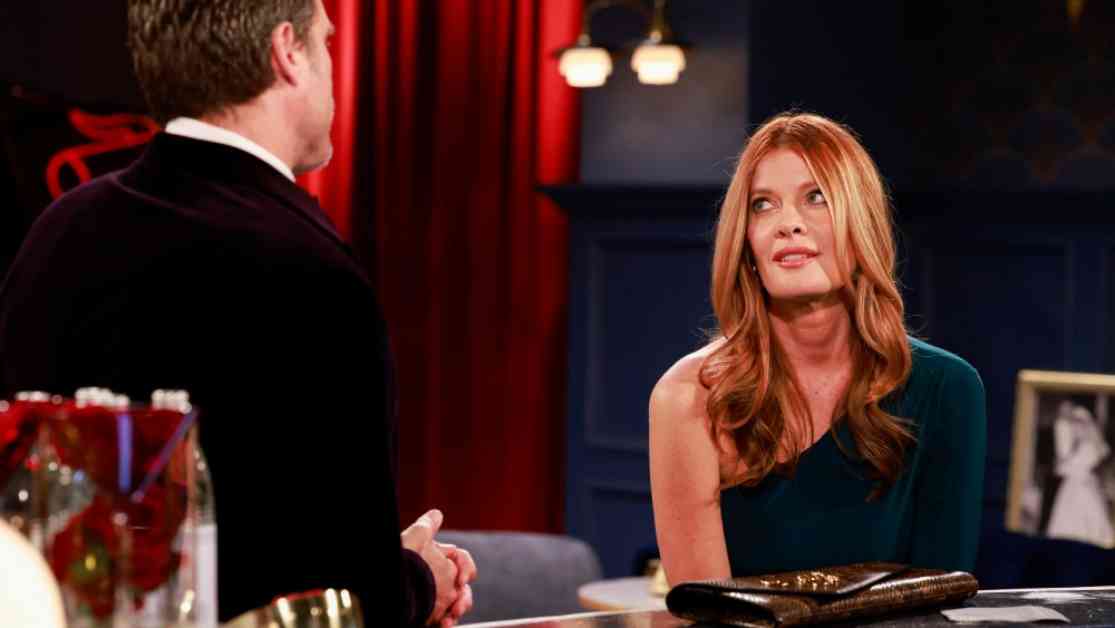Female directors have found a supportive home in the world of soap operas, where they have been thriving for decades. While the film industry has been slow to provide equal opportunities for female filmmakers, daytime dramas have been more open to women calling the shots behind the camera.
The legacy of female directors in soap operas dates back to the early 1950s, with Gloria Monty directing “The First Hundred Years” and later working with Joan Crawford on “The Secret Storm.” Lela Swift and Francesca James also made significant contributions to the genre, paving the way for more women to step into the director’s chair.
In recent years, there has been a notable increase in the number of women directing soap operas. Directors like Sonia Blangiardo, Allison Reames Smith, Cynthia J. Popp, and Sally McDonald have all found success in the industry. They have each received support and mentorship from their colleagues and have been given opportunities to showcase their talent.
For example, Allison Reames Smith directed an episode of “General Hospital” that focused on the suffrage movement, highlighting the importance of women’s rights. Cynthia J. Popp’s career took off after receiving mentoring from industry veterans and taking on challenging episodes that required creative solutions.
These female directors have worked on emotional storylines and pivotal moments in soap operas, demonstrating their skill and dedication to their craft. From handling tragic deaths to intimate love scenes, they have shown their ability to capture the essence of each scene with sensitivity and creativity.
While there has been progress in terms of representation and inclusion in the industry, these directors emphasize that talent and hard work are still essential for success. They encourage aspiring filmmakers to be persistent, seek mentorship, and never stop learning and growing in their careers.
Ultimately, these female directors believe that gender should not determine one’s ability to succeed in the industry. They advocate for equal opportunities for all filmmakers, regardless of gender, and emphasize the importance of talent and dedication above all else.
In conclusion, the world of soap operas has provided a platform for female directors to thrive and showcase their talent. Through hard work, mentorship, and a dedication to their craft, these women have made significant contributions to the industry and paved the way for future generations of filmmakers. Their success serves as a testament to the power of representation and inclusion in creating a more diverse and equitable film industry.




















